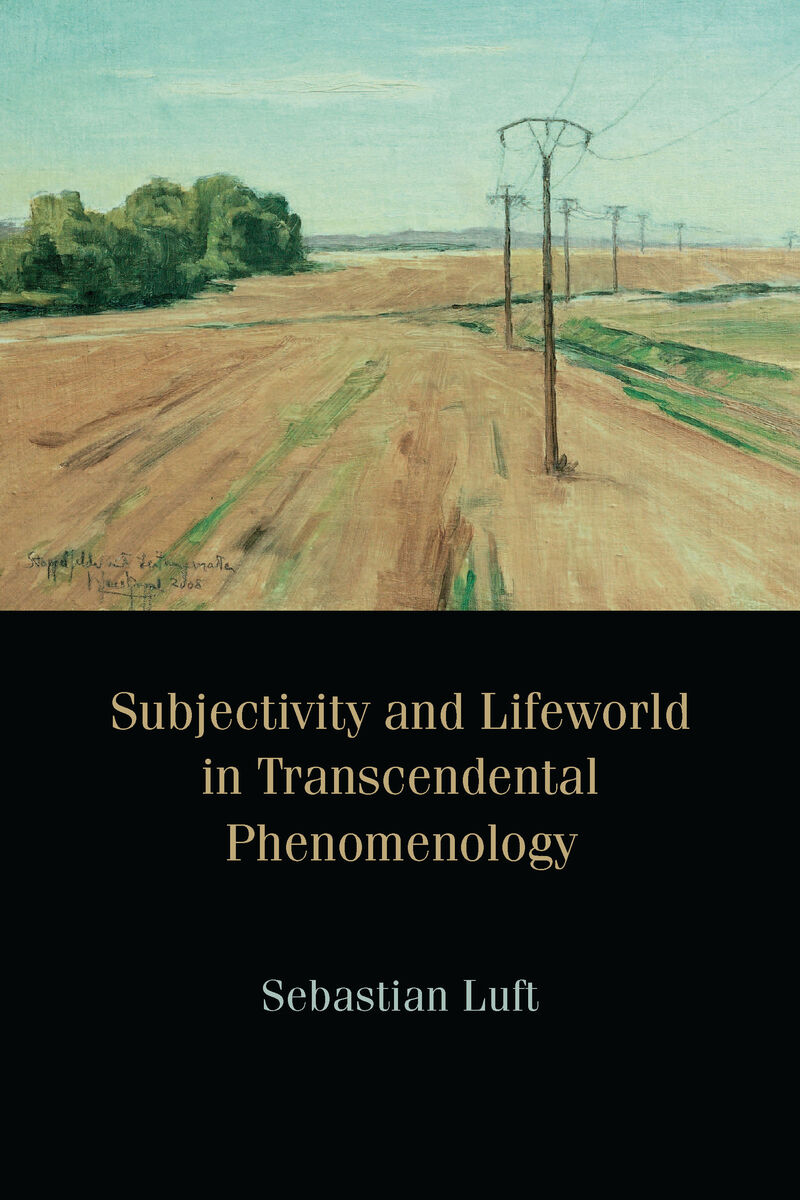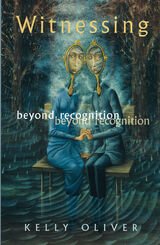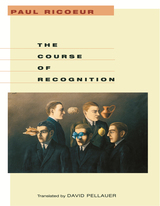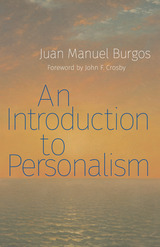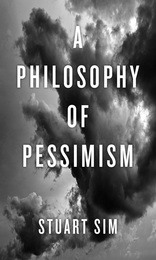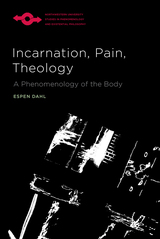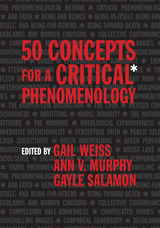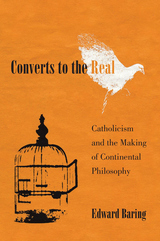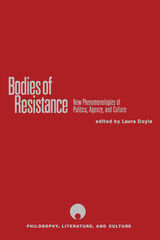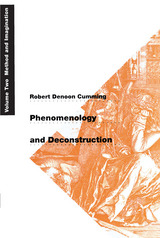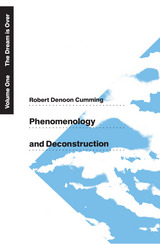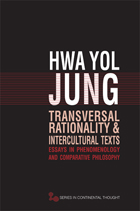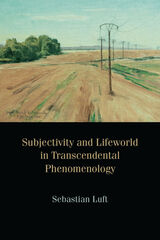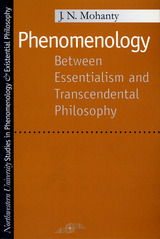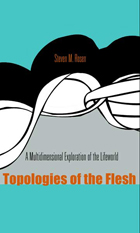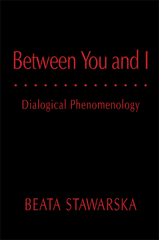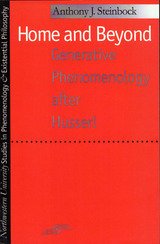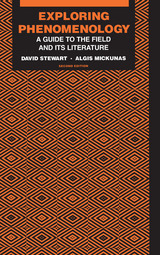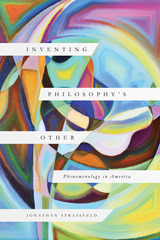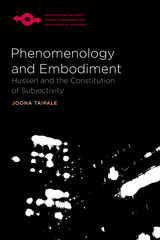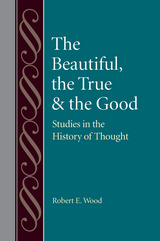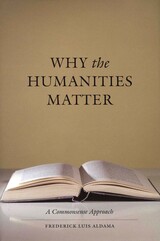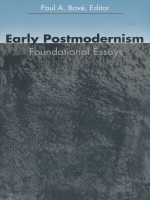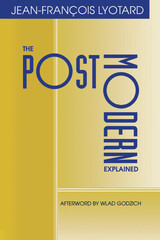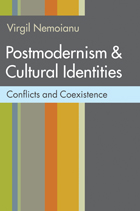Subjectivity and Lifeworld in Transcendental Phenomenology
Northwestern University Press, 2011
eISBN: 978-0-8101-6533-5 | Cloth: 978-0-8101-2743-2 | Paper: 978-0-8101-4320-3
Library of Congress Classification B829.5.L568 2011
Dewey Decimal Classification 142.7
eISBN: 978-0-8101-6533-5 | Cloth: 978-0-8101-2743-2 | Paper: 978-0-8101-4320-3
Library of Congress Classification B829.5.L568 2011
Dewey Decimal Classification 142.7
ABOUT THIS BOOK | AUTHOR BIOGRAPHY | REVIEWS | TOC | REQUEST ACCESSIBLE FILE
ABOUT THIS BOOK
Subjectivity and Lifeworld in Transcendental Phenomenology contributes to discussions about Edmund Husserl’s phenomenology in light of the ongoing publication of his manuscripts. It accounts for the historical origins and influence of the phenomenological project by articulating Husserl's relationship to authors who came before and after him. Finally, it argues for the viability of the phenomenological project as conceived by Husserl in his later years, showing that Husserlian phenomenology is not exhausted in its early, Cartesian perspective, which is indeed its weakest and most vulnerable perspective. Rather, Sebastian Luft convincingly argues, Husserlian phenomenology is a robust and philosophically necessary approach when considered from its late, hermeneutic perspective.
The key point Luft brings into focus is that Husserl's hermeneutic phenomenology is distinct from other hermeneutic philosophers', namely Ernst Cassirer, Martin Heidegger, and Hans-Georg Gadamer. Unlike them, Husserl's focus centers on the work subjects must do in order to uncover the prejudices that guide their unreflective relationship to the world. Luft also demonstrates that there is a deep consistency within Husserl's own writings—from early to late—around the guiding themes of the natural attitude, the need and function of the epoché, and the split between egos, where the transcendental self (distinct from the natural self) is seen as the fundamental ability we all have to inquire into the genesis of our tradition-laden attitudes toward the world.
The key point Luft brings into focus is that Husserl's hermeneutic phenomenology is distinct from other hermeneutic philosophers', namely Ernst Cassirer, Martin Heidegger, and Hans-Georg Gadamer. Unlike them, Husserl's focus centers on the work subjects must do in order to uncover the prejudices that guide their unreflective relationship to the world. Luft also demonstrates that there is a deep consistency within Husserl's own writings—from early to late—around the guiding themes of the natural attitude, the need and function of the epoché, and the split between egos, where the transcendental self (distinct from the natural self) is seen as the fundamental ability we all have to inquire into the genesis of our tradition-laden attitudes toward the world.
See other books on: 1859-1938 | Hermeneutics | Husserl, Edmund | Subjectivity | Transcendental Phenomenology
See other titles from Northwestern University Press
